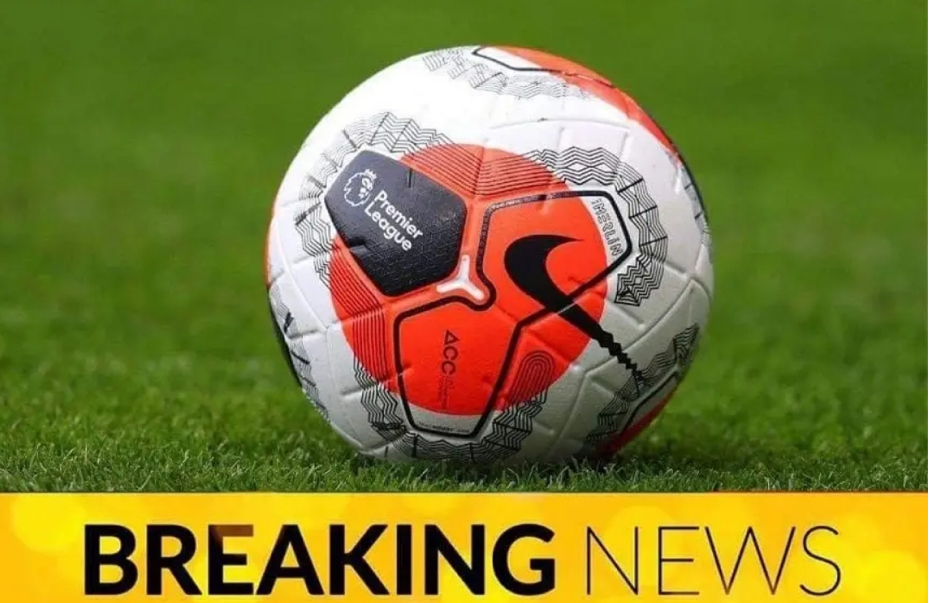Mikel Arteta has implemented five key changes to Arsenal’s lineup as they prepare to host Crystal Palace at the Emirates Stadium in the EFL Cup quarter-finals tonight.
Following consecutive Premier League draws against Fulham and Everton, the Gunners are eager to return to winning ways in a competition that has already seen them overcome Bolton Wanderers and Preston North End.
However, this clash against Palace is set to be their toughest challenge in the tournament so far.
Arteta’s adjustments see Jakub Kiwior and Mikel Merino entering the starting lineup, as he aims to address recent inconsistencies in performance.
Arsenal’s journey to this stage has been steady, but Crystal Palace poses a significant threat, having showcased strong form recently.
Managed by Oliver Glasner, Palace has eliminated Norwich City, QPR, and Aston Villa to reach the quarter-finals.
They’ve also earned impressive results against Manchester City and Brighton, making them a formidable opponent.
Arsenal’s squad rotation is influenced by a congested fixture schedule and ongoing injury concerns.
Key players like Oleksandr Zinchenko, Riccardo Calafiori, Ben White, and Takehiro Tomiyasu are unavailable, further limiting Arteta’s options.
These absences have prompted tactical adjustments, with a focus on balancing defensive stability and attacking fluidity.
In goal, David Raya is expected to start, while the central defensive pairing could feature William Saliba alongside Jakub Kiwior, giving Gabriel Magalhaes some rest.
Full-back duties are likely to be handled by Jurrien Timber and Myles Lewis-Skelly.
In midfield, Jorginho is set to occupy the deep-lying playmaker role, supported by Mikel Merino and Ethan Nwaneri.
This combination is designed to bring energy and creativity while ensuring control against Palace’s high press.
The attacking lineup is expected to include Raheem Sterling on the right wing, providing fresh legs as Bukayo Saka is rested.
On the left flank, Leandro Trossard will add versatility and a direct goal threat.
Gabriel Jesus is likely to lead the line, with Kai Havertz available as an option off the bench.
Arteta’s approach signals a potential switch to a 4-3-3 formation, offering adaptability in both defense and attack.
Crystal Palace’s counter-attacking strength will be a key test for Arsenal.
With players like Saliba and Kiwior tasked with maintaining composure, Arteta’s side will need to guard against quick transitions.
Palace’s recent performances, including victories over Brighton and Hove Albion, highlight their ability to exploit lapses in concentration.
Up front, Gabriel Jesus’ pressing and physical presence will be crucial in breaking down Palace’s defense.
Sterling and Trossard, with their pace and unpredictability, can create opportunities from wide areas.
The experience of players like Jorginho and Saliba will also be vital in managing the pressure of a knockout game.
This quarter-final represents a pivotal moment for Arsenal’s campaign.
Beyond securing progression in the competition, it’s an opportunity to regain momentum and refine tactical adjustments for the challenges ahead.
With a mix of youth and experience, Arteta’s fresh lineup will aim to dominate possession, create chances, and stay resilient against a well-organized Palace side.
For Crystal Palace, this match is another chance to prove their progress under Glasner.
Their ability to perform against strong opposition has been evident, and they will look to test Arsenal’s depth and adaptability.
However, Arteta’s strategic changes and the Emirates crowd’s support could provide the edge Arsenal needs to keep their silverware hopes alive.
